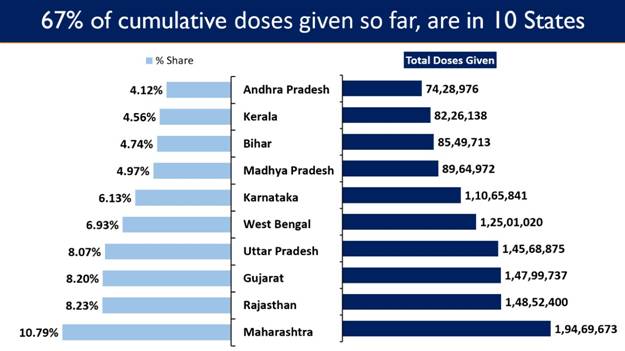January 4, 2025
A groundbreaking study published in the Journal of Clinical Oncology is shedding new light on how imaging criteria can improve predictions of brain cancer outcomes. The paper, titled “Comparative Analysis of Intracranial Response Assessment Criteria in Patients With Melanoma Brain Metastases Treated With Combination Nivolumab + Ipilimumab in CheckMate 204,” highlights the importance of selecting the right imaging techniques to assess tumor response in patients with melanoma brain metastases receiving immunotherapy.
The research, conducted by a team of oncologists and radiologists, focused on different methods of analyzing MRI scans from patients participating in a multi-center Phase II clinical trial evaluating the effectiveness of the immunotherapy drugs nivolumab and ipilimumab. Over a span of two years, researchers examined the patients’ brain metastases, tracking tumor size and changes over time. The study aimed to identify which imaging criteria most accurately predict outcomes such as progression-free survival (PFS) and overall survival (OS).
Among the various imaging methods analyzed, the team found that a modified version of the Response Evaluation Criteria in Solid Tumors (mRECIST) and volumetric measurements, which involve 3D size analysis, proved to be significantly more accurate in forecasting patient survival compared to other methods. Interestingly, these techniques showed reliability even for small tumors, suggesting their potential as standard tools in future clinical trials assessing treatment efficacy in brain cancer patients.
“Brain metastases in melanoma patients are notoriously difficult to treat, and identifying reliable criteria for evaluating treatment response is critical for improving survival outcomes,” said Dr. Huang, the study’s lead author. “Our findings offer valuable insights into refining the imaging standards used in clinical trials and could ultimately help clinicians provide more personalized care for their patients.”
The study also emphasized the need for consistency in the use of imaging standards across clinical trials, which could help ensure better comparisons between different therapies and lead to more precise treatment regimens.
Furthermore, the researchers are working on developing automatic segmentation technology to further enhance the accuracy and consistency of 3D tumor measurements. This technology would streamline the process of evaluating brain metastases and is expected to become an essential tool in clinical practice.
While further research is necessary to confirm the findings, this study marks an important step in improving the precision of brain cancer treatment assessments. It lays the foundation for more accurate predictions of patient outcomes, providing hope for enhanced survival rates among individuals battling melanoma brain metastases.
For more details, refer to the study:
Huang R et al, Comparative Analysis of Intracranial Response Assessment Criteria in Patients With Melanoma Brain Metastases Treated With Combination Nivolumab + Ipilimumab in CheckMate 204, Journal of Clinical Oncology (2025). DOI: 10.1200/JCO.24.00953.
Journal of Clinical Oncology
ascopubs.org/doi/10.1200/JCO.24.00953












